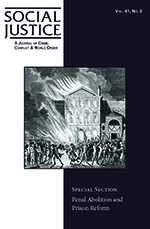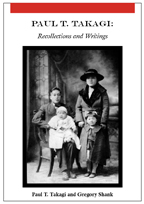Description
American Exceptionalism and the Death Penalty
A distinctive feature of US society is that it stands alone among Western industrial democracies in killing its own citizens. Poveda identifies a social process in which a unique combination of forces — traditions of social exclusion rooted in American slavery, a revival of Social Darwinism, and structural inequality — combine “to form a distinctive American cultural logic” rationalizing execution. Poveda’s essay focuses on the revival of pro-death-penalty sentiment and the rise in executions during the post-Furman (1976) era, revealing in the constellation of factors many of the themes connecting contributions within our collection: the economic turmoil of deindustrialization and downward mobility for blue-collar workers, greater economic inequality, and the demise of social liberalism to cushion the fall. As the economic fortunes of middle-class Americans began to decline sharply after the late 1970s, crucial ideological and political shifts conjoined to heighten punitive sentiment. The unique feature of the United States is that it has a readily identifiable historically “excluded” population, and the death penalty has served since slavery the extralegal function of providing an object lesson in the “survival of the fittest.”
punishment; death penalty; capital punishment — United States; crime and criminals; slavery — United States; African Americans — crime and criminals; United States — economic conditions
Citation: Social Justice Vol. 27, No. 2 (2000): 252-267




